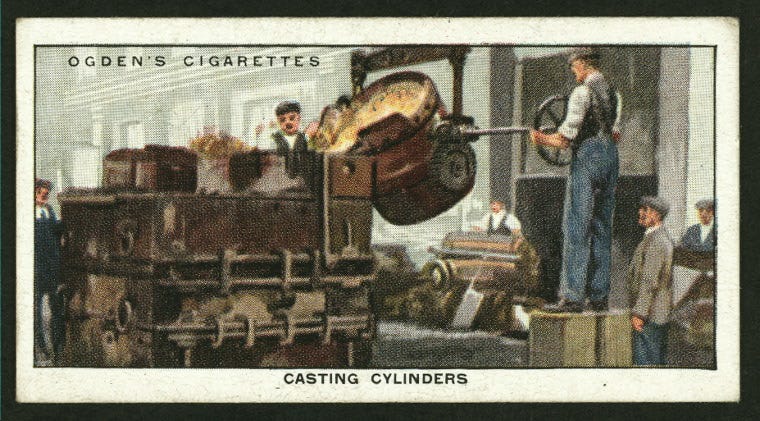Major Steel Tariff Backer Is Also a Major Steel Importer

Barry Zekelman of Zekelman Industries is a Canadian steel magnate that also owns numerous steel plants in the U.S. He's also been a strong proponent of steel tariffs brought by the Trump administration, not just through lobbying on the issue but also through donations to a pro-Trump superPAC, America First Action.
In testimony to the Department of Commerce on potential security risks of large steel imports in 2017, the Section 232 investigation, Zekleman said, "our military would grind to a screeching halt without a vibrant domestic tube industry" and that "imports have decimated our industry."
But his companies are also major steel importers, with one subsidiary, Wheatland Tube, importing 1,800 tons of steel in August to November of 2019 alone according to shipping data site Panjiva. In 2017, over 50,000 tons of steel was imported to the Plymouth, Michigan factory of one of Zekleman's other U.S. subsidiaries, Atlas Tube, according to manufacturing data site Listthe.
An August 2018 SEC filing notes the company sources 69 percent of its steel domestically. The rest is imported from foreign sources. The vast majority of that steel came as steel coil from Canada, specifically from the Canadian-Indian steel company Essar Steel Algoma according to shipping and manufacturing data.
Steel tariffs on Mexico and Canada were lifted in 2019 but remain in place for other countries.
As reported previously by Investigative Economics, Canada is the largest steel exporter to the U.S., and those exports grew immensely since 2000 as Chinese steel has flooded markets worldwide. Canada's growth in steel exports came despite languishing steel production in the country.
During that same time Essar became the de facto exporter of steel from Canada to the U.S. based on available shipping records, responsible for 98 percent of all steel exports from Canada to Detroit, the largest destination for Canadian steel exports in the U.S..
Political Influence
Zekelman has been an ardent supporter of the steel tariffs and Trump. A Zekelman Industries subsidiary gave over $1.8 million in 2018 to a pro-Trump superPAC before tariffs were levied on Zekelman competitors and lowered on Canada and Mexico.
The Campaign Legal Center has filed two complaints with the Office of Government Ethics over the superPAC donations because of the ban on foreign donations to federal political campaigns. While U.S. companies are allowed to donate to federal campaigns, foreign nationals from those companies are not allowed to influence the decision.
Zekelman has also been active in objecting to exclusions from the steel tariffs—allowances for individual companies to avoid tariffs on imports if they can't find a domestic producer. The company has filed almost 400 objections according to numbers collected by the Mercatus Center.
A lobbyist for Zekelman Industries, Gilbert Kaplan, became Undersecretary of Commerce for International Trade for the Department of Commerce in March of 2018, and oversaw the tariff exclusion program until his exit in September of 2019. Zekelman Industries paid Kaplan almost $3.5 million for his lobbying services according to a letter from Senator Warren (D-MA) to a Commerce ethics official.
Lobbying filings show spending of almost $4.7 million on lobbying by Kaplan's firm, King & Spalding LLP, on behalf of Zekelman since 2008.
Steel for the Border Fence
Zekelman's Atlas Tube subsidiary is providing a large portion of steel for the Mexican border fence. Zekelman's testimony notes that his company produced 125,000 tons of hollow steel structural tubing in 2008 alone.
Atlas Tube representatives told the Arizona Daily Star that all steel for the border wall is produced in factories in the United States.


